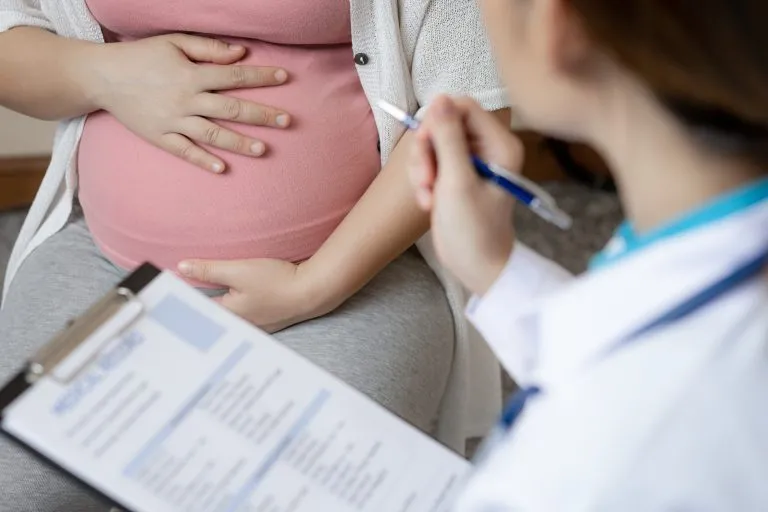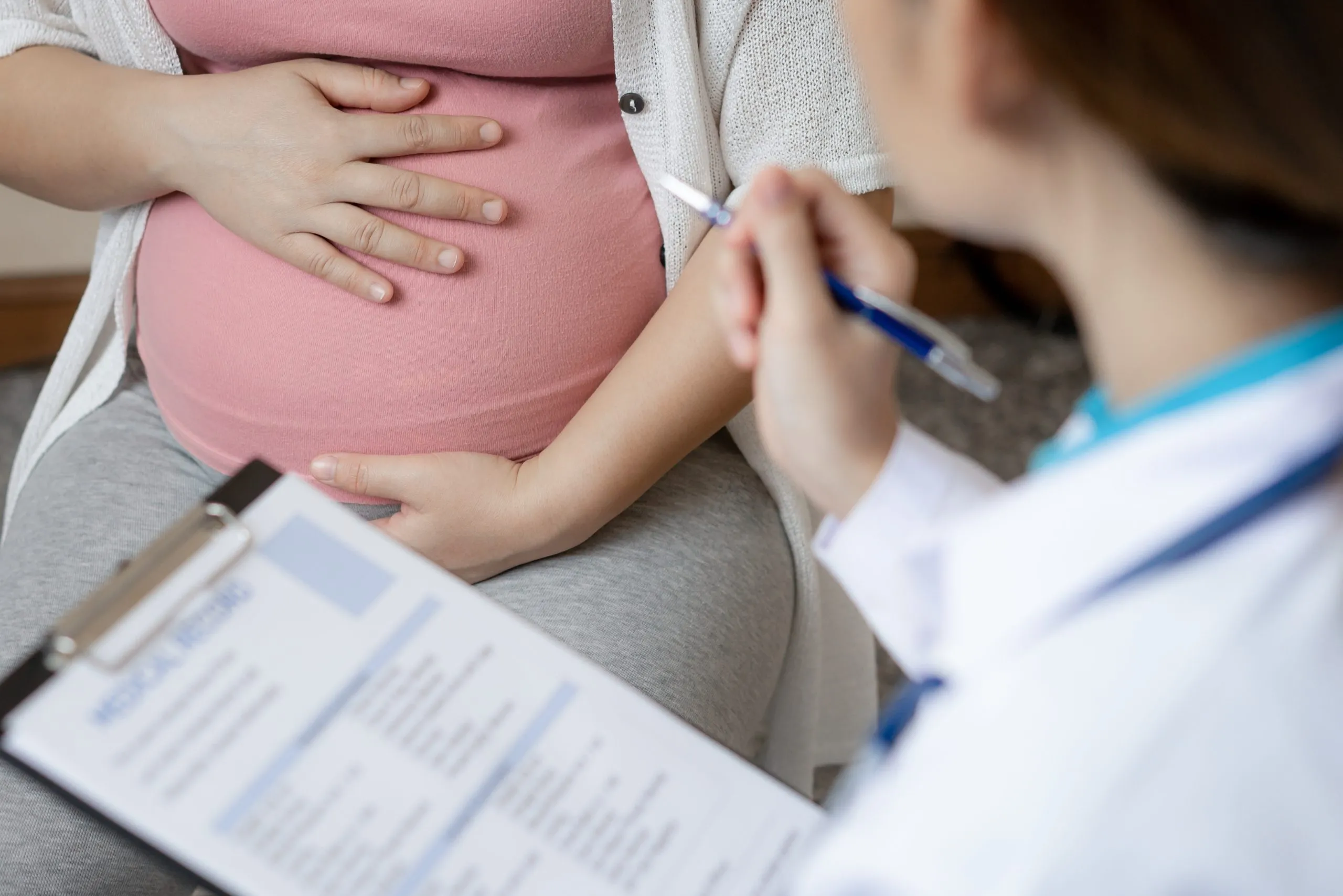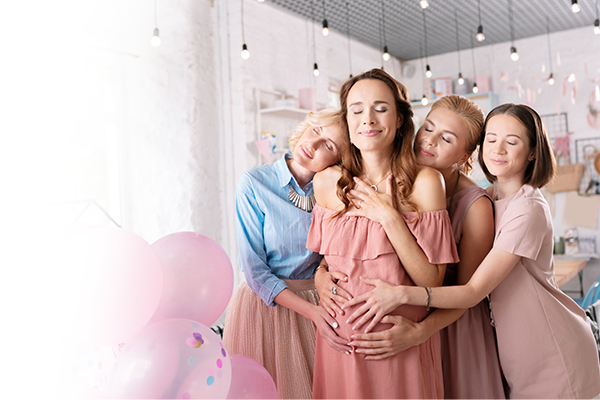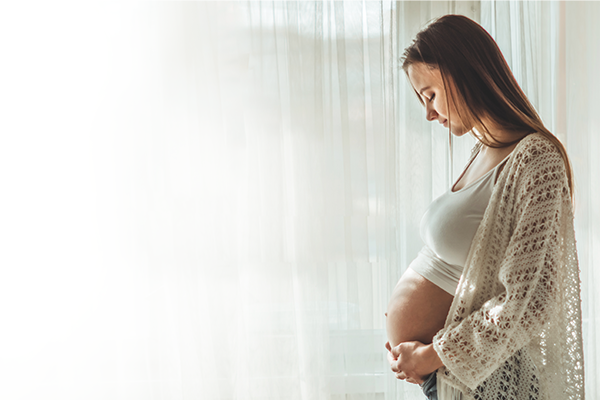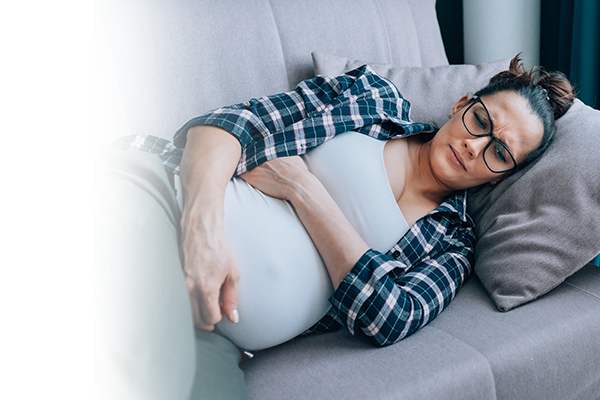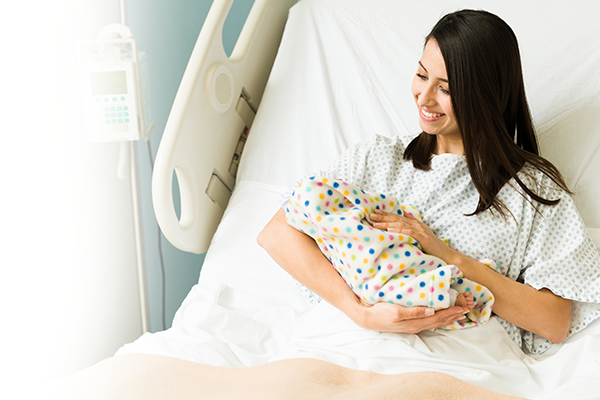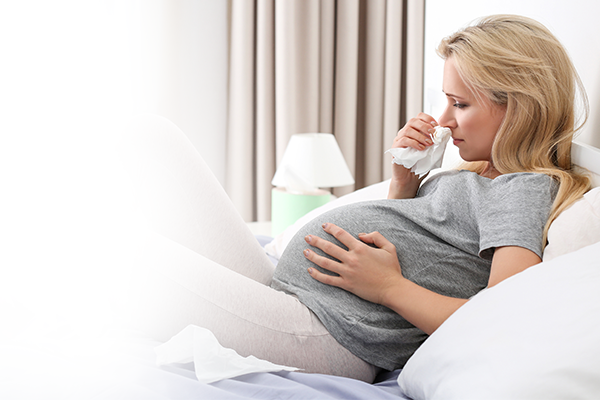The older a woman is, the more problems she may have getting pregnant. As we age, ovarian reserve decreases, which eventually leads to menopause. Is pregnancy after menopause possible? Should peri-menopausal women use contraception?
Menopause-what is it?
Menopause is the time when ovarian function ceases and a woman loses her fertility. On average, menopause occurs at 51. year of age. However, it happens that the so-called. Ovarian reserve decreases more rapidly and a woman is menopausal at age 40. According to the recommendations, menopause is diagnosed when a woman has not had a period for 12 months. Appear then characteristic symptoms associated with hormonal changes in the female body, such as:
- hot flashes,
- vaginal dryness,
- sleep disorders,
- deterioration of well-being,
- sweating,
- crying.
Pregnancy after menopause-is it possible?
Lack of menstruation does not mean inovulatory cycles. For some women, menopause is a long process. Loss of fertility can be discussed only after 12 months without menstruation and hormonal testing (including assessment of FSH levels). Otherwise, pregnancy is still theoretically possible, especially if the couple does not use any contraceptive methods. Many women think that when menstruation does not appear for 2-3 months, it is equivalent to menopause and no need for protection during intercourse. Getting pregnant at peri-menopausal age, i.e. 45-50, is associated with a high risk of birth defects in the child and chromosomal abnormalities. Most gynecologists therefore recommend the use of effective methods of contraception to prevent unwanted pregnancy with an extremely high risk of complications for both the woman and the developing baby.
However, it happens that menopause affects women at a younger age when it is safe to get pregnant. We are talking about women with premature expiration of ovarian function. If the disorder is detected early enough, motherhood can be ensured by egg retrieval and the use of in vitro fertilization. It is also possible to fertilize using ova from a donor (oocyte adoption).
Menopause and pregnancy-risks
As a woman ages, in addition to greater difficulty in getting pregnant, there is an increased risk of birth defects and chromosomal aberrations in the child. For example, the chance of having a child with Down syndrome in women over 45. year is 1:20, and after 49. Even 1:10. In comparison, for women aged 25-30, the risk is about 1:1000.
Therefore, effective methods of contraception are necessary during the peri-menopausal period. If Parents dream of having a child and want to use in vitro fertilization, most clinics in Poland allow this option up to 49. year to reduce the risk of pregnancy complications and the development of defects in the child.
Read also:
Geriatric pregnancy
Rate this article:



